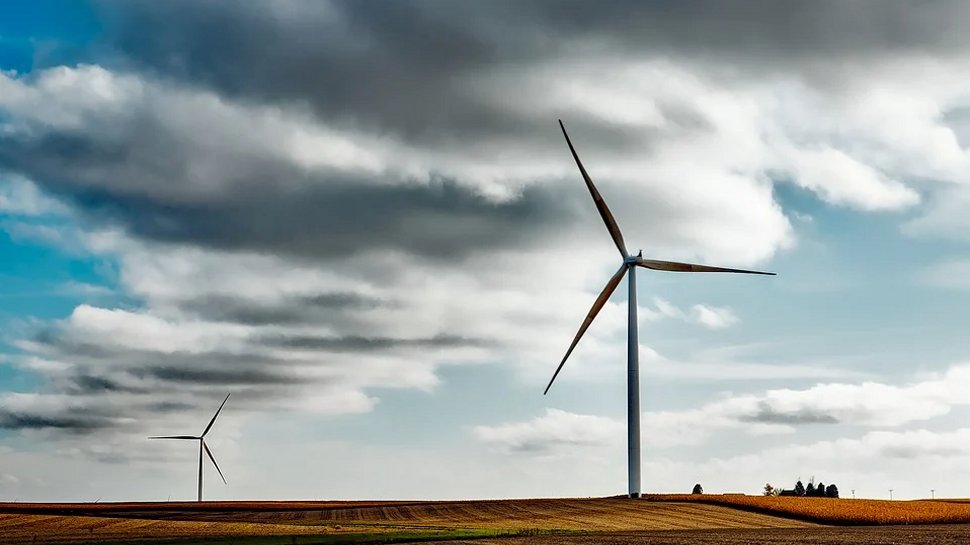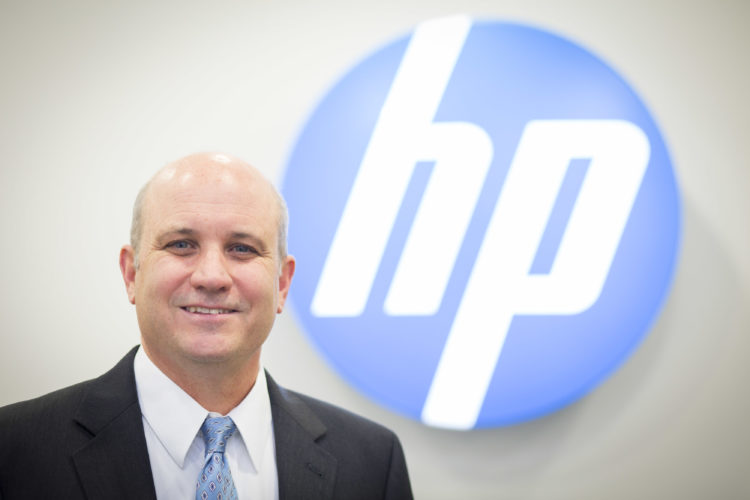Making a sustainable impact
Why communicating sustainable impact is a win-win

In April, at the height of the COVID-19 pandemic, many people around the world were working from home. But from inside, we all witnessed something astonishing: The environment was showing signs of recovery due to decreased human activity. As the Executive Director of Greenpeace International Jennifer Morgan wrote, “COVID-19 is an unmissable chance to put people and the planet first.”
As the world learns to live with the virus and begins to move on, we must continue this sustainable momentum. A recent study found nearly 80 percent of people in the U.S and U.K. say they would do as much for the climate as they did for COVID-19. Consumers today have high expectations for brands— the 2020 Edelman Trust Barometer found that three times as many people said ethics matter more than competence when it comes to trust in companies.
However, making a promise is no longer enough. According to the Trust Barometer, more than half of consumers agree that too many brands are using societal issues as a marketing ploy to sell more products, seeing it as a form of trust-washing that may actually damage, rather than earn, trust. Campaigns alone are not enough to convince consumers that a brand can be trusted with its impact on society, the change needs to be rooted in the business’ fundamental structure.
In our new normal, technology becomes a force that allows us to enact change from anywhere. Here are a few trends for consumers and businesses to be aware of, helping drive a more sustainable future.
Rising awareness of the “digital carbon footprint”
The ‘digital carbon footprint’ is an emerging concept gaining traction among environmentally conscious consumers. Every song streamed and email sent adds up to an ever-increasing demand on data processing and, ultimately, electricity. For many, it’s becoming impossible to ignore the immense environmental impact of our digital tools. In fact, The Shift Project, a nonprofit organization and think tank, found that the share of global CO2 emissions caused by digital tools has increased by 50 percent since 2013 and now accounts for more emissions than the entire airline industry.
As people travel less and stay at home more, we must priorities better digital habits. This means more than just powering down our computers when the day is done (though that’s certainly one part). It starts with buying energy-efficient systems that meet standards such as those of EPEAT. It’s about regularly eliminating outdated or unused data that can become “toxic” within our devices, whether smartphones, tablets, or laptops—consuming energy but not being used. Downloading content instead of streaming, adjusting power settings and even offsetting your footprint with green search engines, like Ecosia, are all practical ways to ensure our digital habits are less harmful to our natural environment.
The crescendo of online consumer activism
When we think of activism, we typically imagine people taking to the streets to demand sweeping, structural change, such as the current Black Lives Matter movement or when Greta Thunberg sparked worldwide marches in the name of combatting climate change. But technology is opening up new routes for people to bring their voices to the digital highway. This shows up most frequently in how consumers use their online platforms to call for the changes they want to see in our world—like with the recent online Global Climate Strike.
Are you a pro? Subscribe to our newsletter
Sign up to the TechRadar Pro newsletter to get all the top news, opinion, features and guidance your business needs to succeed!
As Vox reported, “Shopping has become a political act.” And the politics of boycotting or buying a brand knows no bounds—it spans generations and demographics. But increasingly, calls for more sustainable products and packaging are swelling up from young voices online. Not only are young consumers putting their money where their beliefs are (54 percent of Gen Zers are willing to spend more on a sustainable product), they’re also proactively calling for the change they want to see. This year, cereal company Kellogg’s changed its palm oil policy to become more sustainable following a petition that amassed over 785,000 signatures. They are far from alone—online consumer advocacy is demanding sweeping changes across region, sector and business size.
Why communicating sustainable impact is a win-win
Despite people worldwide demanding businesses take action, new research shows that brands aren’t properly communicating their sustainability successes. A new study by QuadPackaging, found that despite 53 percent of participants saying that a simple sustainability rating system would impact their purchasing decisions, 92 percent of consumers did not notice sustainability logos or ratings printed on product packaging.
This is a clear sign for businesses—sustainability is much more than a badge, it should be part of your organisation’s ethos and operations. Before speaking out, businesses must look within and make needed changes.
For example, 155 companies, including HP, recently signed the ‘Recover Better’ statement, which urges governments to align their COVID-19 recovery efforts with the latest climate science. This statement is in line with the Science Based Targets initiative (SBTi) and its ‘Business Ambition for 1.5°C’ campaign partners – the UN Global Compact and the We Mean Business coalition. Proactively communicating about these types of commitments is a win-win, for businesses that want to share their successes as well as for customers who seek this information to support their buying decisions. For our company, the fact that we generated $1.6 billion in sales last year - where a commitment to sustainability was a decisive factor - further proves that the marketplace is hungry for forward momentum.
Technology brands should be the leaders, architects and innovators of our new normal, partnering with customers and governments to deliver true sustainable impact. If they don’t, legislators and customers themselves will fill the leadership void. The earth has spoken to us about what it needs. We now have an opportunity to not only recover from Covid-19, but to come back stronger as a planet.
- George Brasher, Managing Director of UK and Ireland, HP Inc.
- Keep all your data online with the best cloud storage.
George Brasher is the UK Managing Director at HP. He has over 25 years of working experience. . He is thoughtful, creative and steady handed. Despite the challenges, George has always displayed a willingness to understand all possible options to deliver the best outcome
